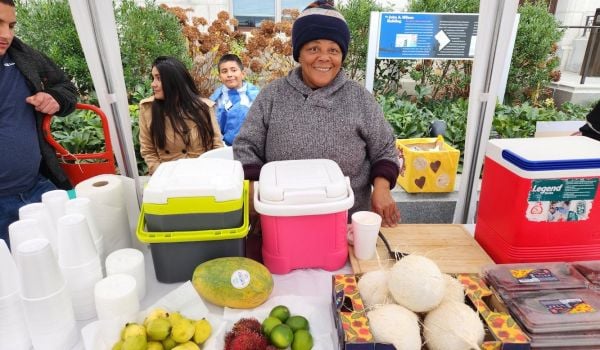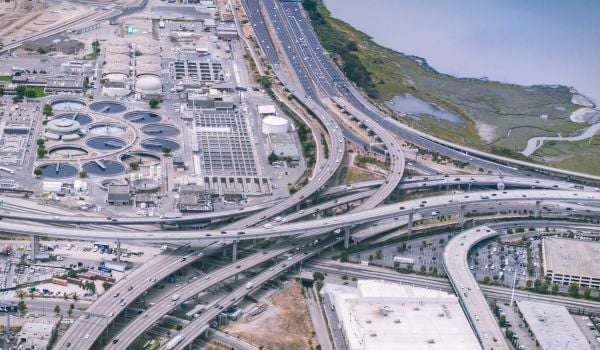“Yes, I know it is illegal, but I cannot afford renting space, or electricity. It’s all far too expensive.” Ibrahima (not his real name) was adamant. If he could not keep his stall here, on a street corner in Yoff, a sprawling Dakar suburb, he’d go out of business. The same story was told by his fellow occupants selling sandwiches, spring rolls, roasted peanuts, mobile phone recharge cards, iPod-style headphones (a fashion accessory in Dakar) and dozens of other items. In all, the open-air supermarket and restaurant self-employed some 30 people.
He may have no choice, however. Khalifa Sall, the mayor of Dakar since 2009, sees informal street vendors as a menace to the city, and he’s bent on clearing them out. “We cannot allow anarchic occupations,” he declared to the national media in February 2013. “Order must be restored. Therefore, those who occupy public space without permission will be removed.”
Since then, Sall has made good on his word – street after street has been cleared of the vendors. Ibrahima and everyone else has disappeared. The city’s thriving informal commerce, once its lifeblood, has been reduced to rubble.
The issue of street vendors, who sell food and goods of all kinds without permission in the city’s public spaces, has pitted formal and informal business owners against each other in this city of over two million. One restaurant owner summed up the mood: “Thank goodness they’re gone. Look, I have a terrace outside. I paid the authorities to get an official permit. Why should they be allowed to stand wherever they want for free?”
Except that they did not stand there for free. Ibrahima told me that he and his fellow vendors paid the municipality of Yoff around 40 dollars per month so that he and his colleagues would be left in peace. A protection racket of sorts, but a brittle one, easily overruled by a higher authority, in this case Mayor Sall, who reframed his uncompromising message as the demolition crews went from suburb to suburb: “The vendors are our partners. The authorities are attempting to help them find long-term solutions. It’s difficult but it must be done, and in the end everyone will be satisfied.”
Why the sweeps are occurring now has little to do with practicality and everything to do with politics. Thanks to the multi-layered administration that the city inherited from the French, the position of mayor of the capital is an important step on the road to the presidency. Khalifa Sall’s presidential ambitions are one of the worst kept secrets in Senegalese politics, and he’s already laying the groundwork for a run in 2017. You can see the evidence of this all around Dakar, where crowd-pleasing public-works projects are popping up everywhere, the most visible being the repaving of old sidewalks and the razing of illegal structures, from the faraway suburbs right down to the city center, called Le Plateau.
The original Sandaga Market was a single large building, constructed in 1933 right in the middle of Le Plateau. When Dakar started growing and people from rural Senegal and surrounding countries began to migrate to Dakar en masse, Sandaga Market sprawled across the city, covering block after block with every kind of merchandise you could imagine. Traffic ceased to flow by mid-morning; crossing Le Plateau was a logistical nightmare. But Mayor Sall’s hands were tied. Sandaga had organized a powerful lobby, which had the ear of former President Abdoulaye Wade, the self-declared “apostle of the informal.”
Even when Wade left office in March 2012, the vendors stayed on. Until one evening in October 2013, when smoke hung heavy over downtown Dakar and flames shot through the roof of the market building. All was lost. Irate vendors pelted the mayor with stones when he came to see the damage for himself; they were convinced that the city authorities themselves had started the fire. Khalifa Sall’s predecessor (and political ally of ex-president Wade) went to the scene to wrench some political capital from the tragedy, but once again, the prevailing mood was clear: goodbye and good riddance.
But what of the vendors? Well, some are coming back. One afternoon in March this year, I saw Ibrahima standing in front of his brand new fruit stall. He had been away for a year. When I asked him what he had done, he replied, “Nothing. I was at home and getting bored. The authorities did nothing for me. It’s much better to work.” But is he not afraid that he will be forced to tear down his stall again? “Not really. Khalifa Sall will get what he wants and they will leave us alone.” Politics – again.
The local elections held last week proved Ibrahima right. Sall’s calculated moves paid off and he was re-elected Mayor of Dakar with overwhelming force. He has pledged that the demolitions will continue, but about half of the old vendors have already come back to that street corner in Yoff, and as of yet, no one seems to mind.


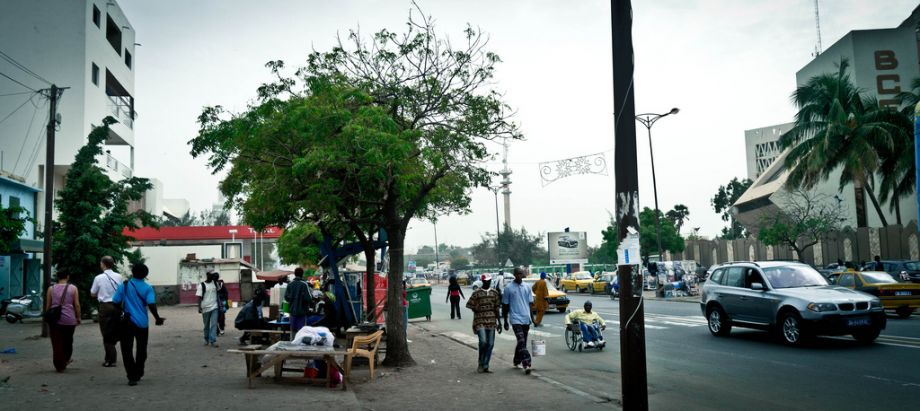
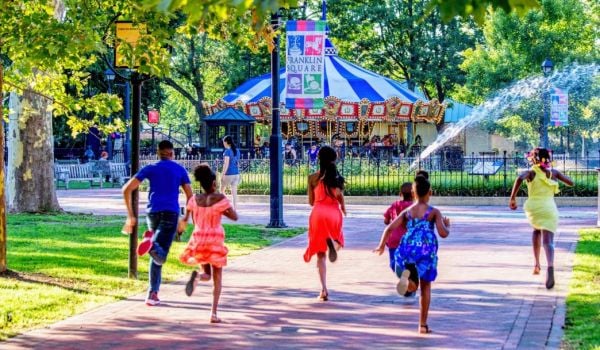

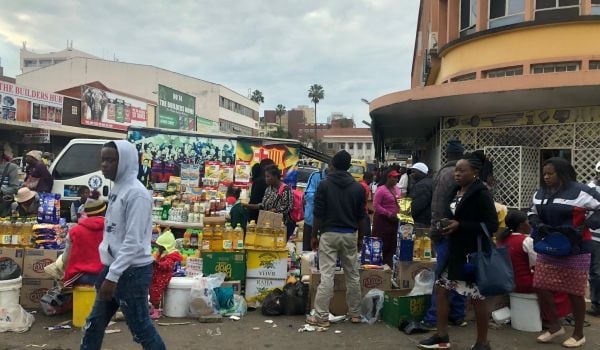
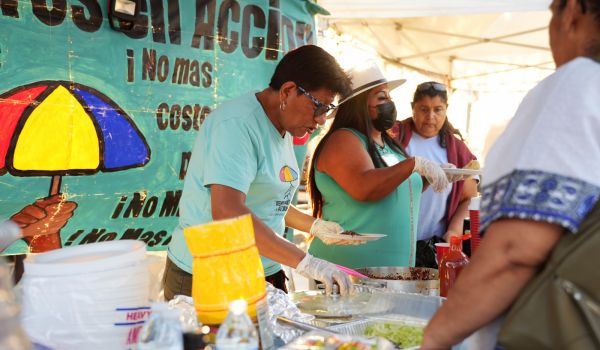

_1200_700_s_c1_600_350_80_s_c1.jpg)
